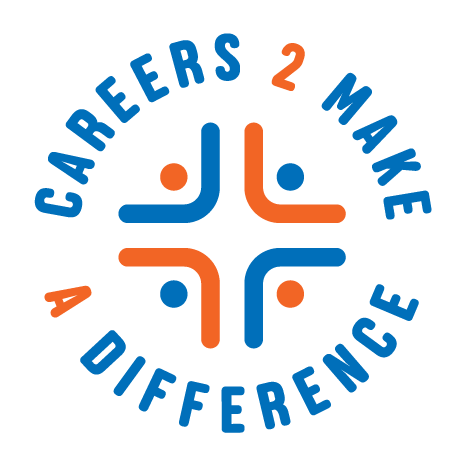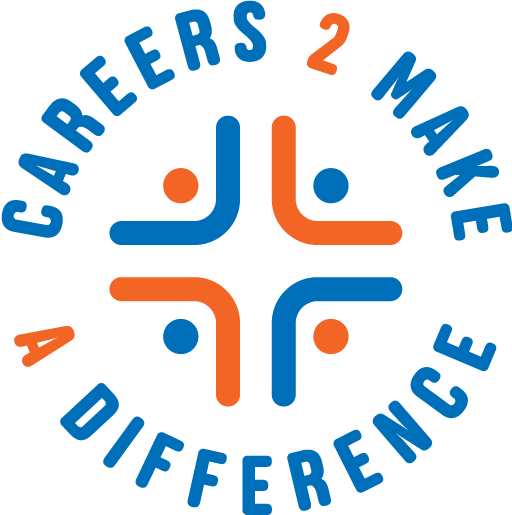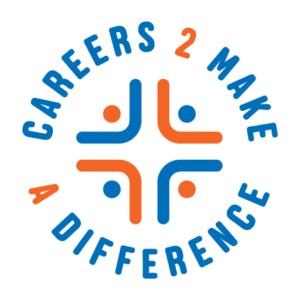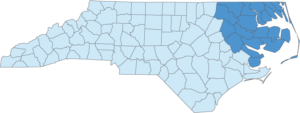- Make a difference: Public health educators can make a real difference in the lives of people by improving health literacy and promoting healthy lifestyles. They can do this by teaching people about health risks and prevention, and by providing them with the skills and resources they need to make healthy choices. In most cases, public health educators focus on a variety of topics to help keep the public informed and connected to local health resources. You will often find public health educators in clinical settings, meeting with individual patients based on their needs, in local schools teaching students and even teachers on important topics that affect the health of their school populations, at local senior centers, and in all facets of the community.
- Variety of career options: There are many different career options available to public health educators. They can work for government agencies, non-profit organizations, schools, and businesses. They can also work in a variety of settings, such as health departments, schools, and community centers.
- Education Pathway: All positions within this career field require a high school diploma and gradation from a four-year university or college with a major in health education.
- Opportunities for growth and advancement: With the right skills and experience, public health educators can move into leadership positions or specialize in a specific area of public health education, such as maternal and child health, and social and behavioral health. In most cases, specialized focuses of health education occur at the State level, or in local health departments within large Cities.
- Work-life balance: Public health educators typically work regular hours, with some overtime required. When overtime is required, it typically consist of some Saturdays and work-day evenings for specific events and outreach efforts. This is still a great option good option for people who want a good work-life balance.

“Public Health is a powerful force closing gaps and building healthier communities. I am proud to be a small part of the process as a health educator.”
Hunter, Health Education Supervisor
Here are some of the tasks that public health educators do:
- Develop and deliver health education programs
- Conduct research on specific health education topics that are relevant to needs
- Develops, reviews, and selects educational literature for use within Health Department clinics and programs
- Serve on community planning advisory boards
- Advocate for public health policies that improve health outcomes
- Act as a wellness and health promotion education resource for health department clients and the community.
If you are interested in a career that combines education, public health, and community service, then a public health education career may be a good fit for you. It is a rewarding career that allows you to make a real difference in the lives of people.
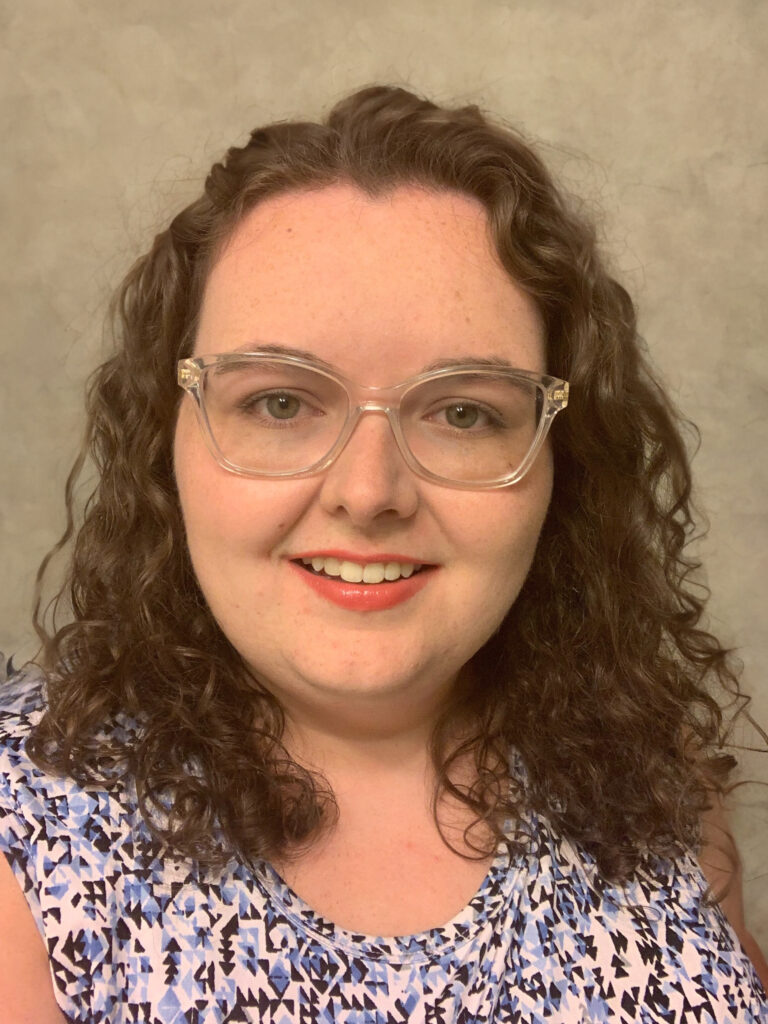
“Growing up and living in rural North Carolina, I witnessed the challenges that accompanied having limited resources and the impact that can have on the health and well-being of those living within these communities. As a first-generation college student, I wanted to pursue a flexible career that would allow me to give back to the rural community I grew up in. I chose a career in Public Health because I want to make a community-wide impact on health that would benefit others now and in the future.”
Ashley, Public Health Educator II
Here are some of the skills that are essential for public health educators:
- Strong communication and interpersonal skills
- The ability to relate to one’s community and understand specific needs and challenges.
- Ability to work independently and as part of a team
- Knowledge of public health principles and practices
- Knowledge of educational theory and practice
- Ability to use technology to deliver information and how its relevant to a community
- The ability to understand complex community structures and leadership patterns
- Ability to present information effectively both orally and written
